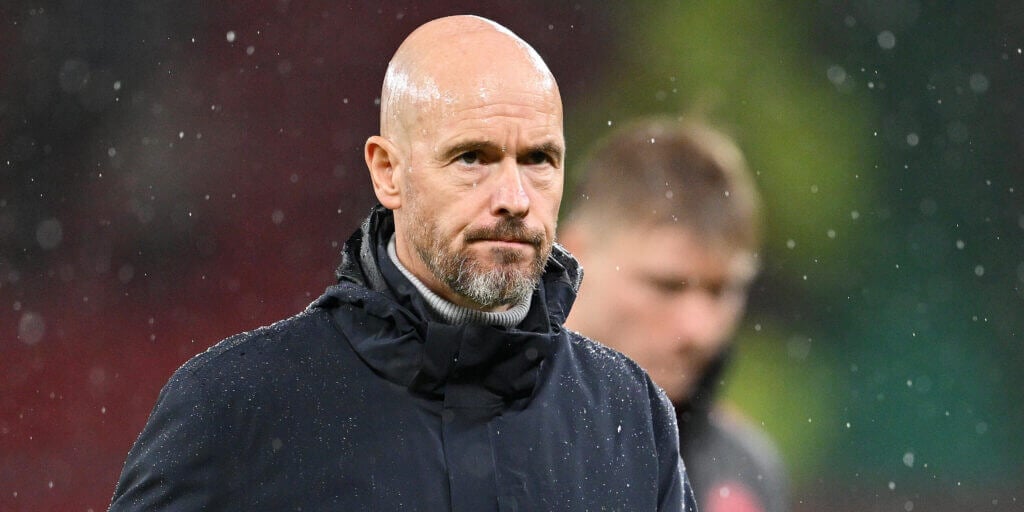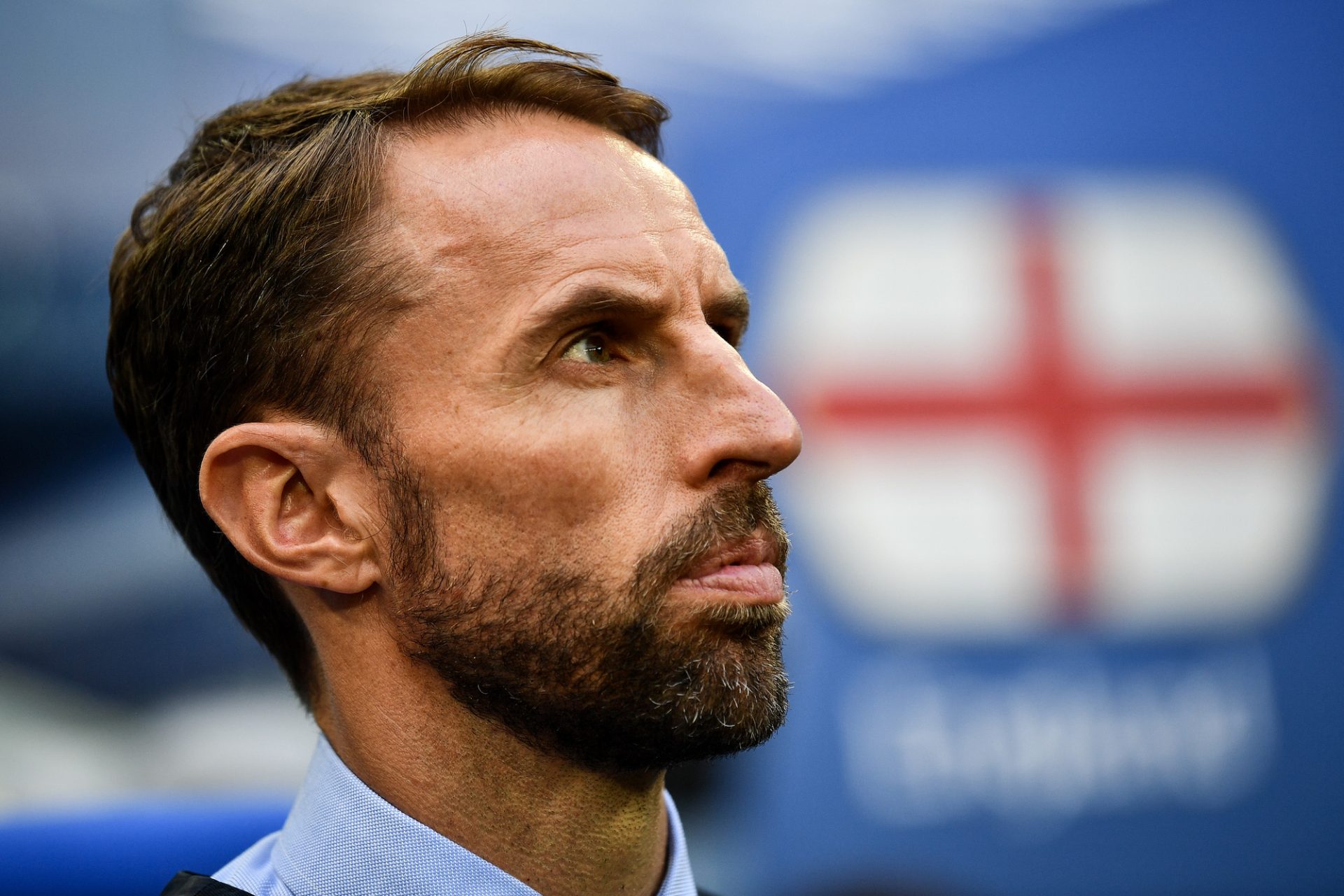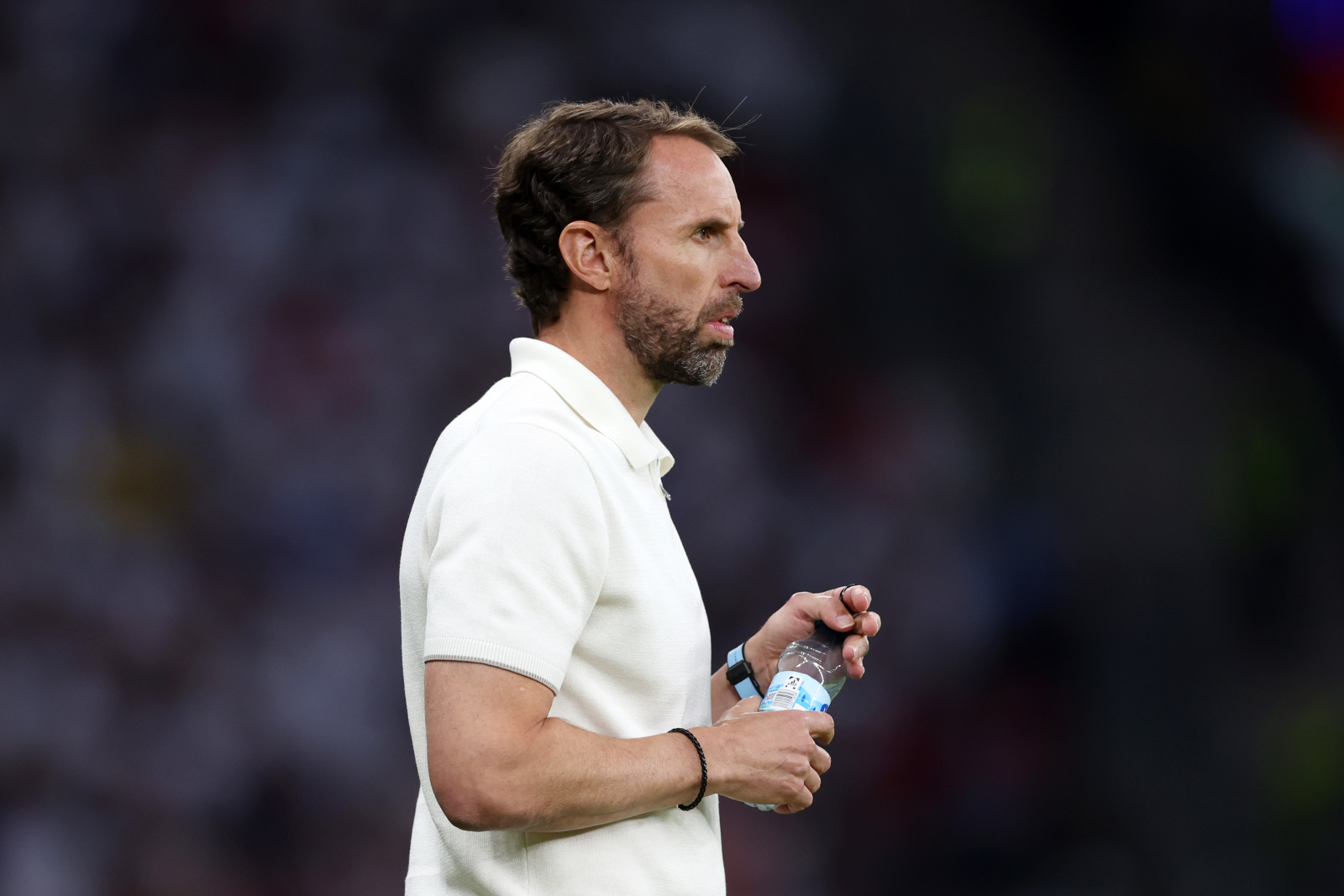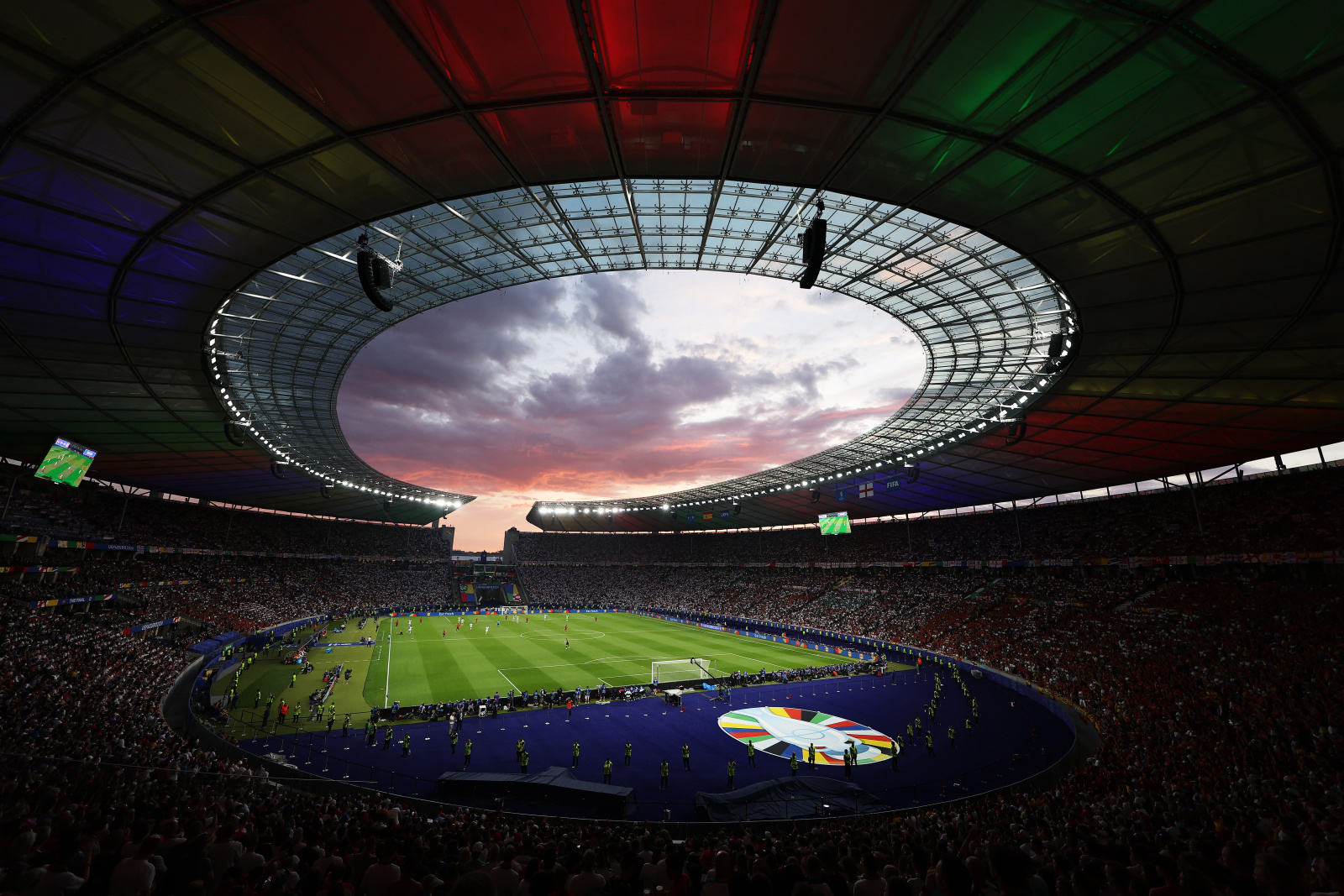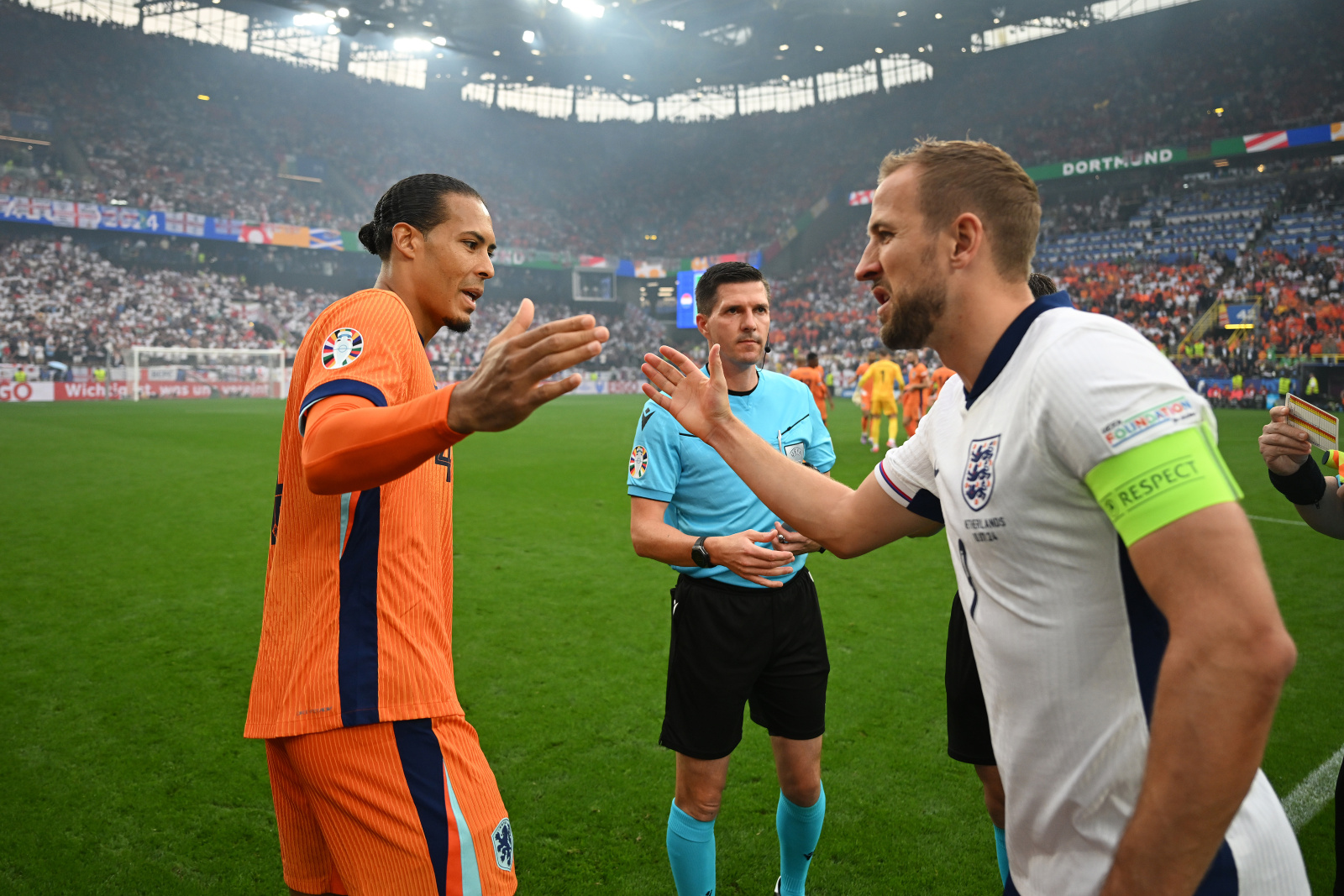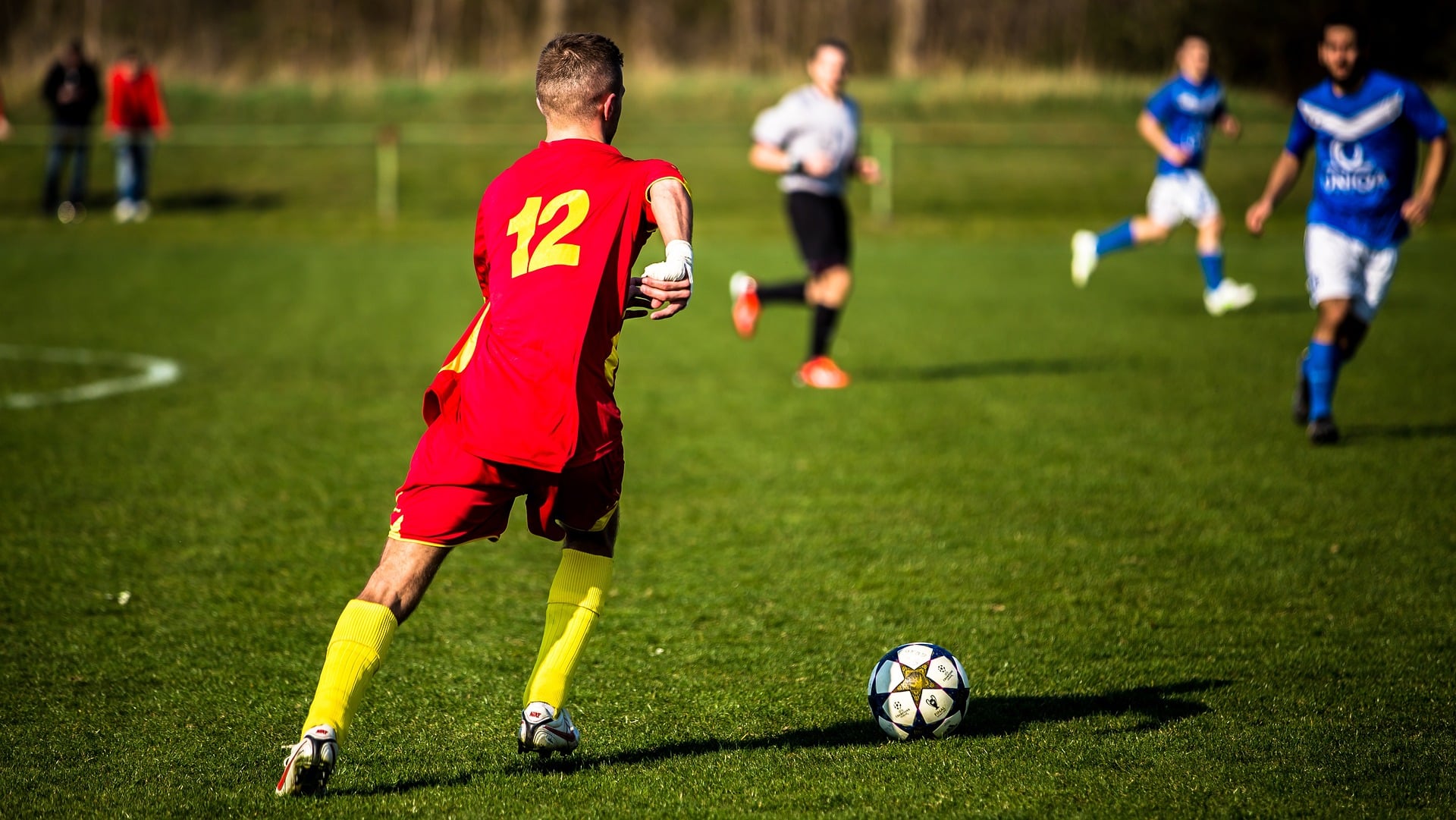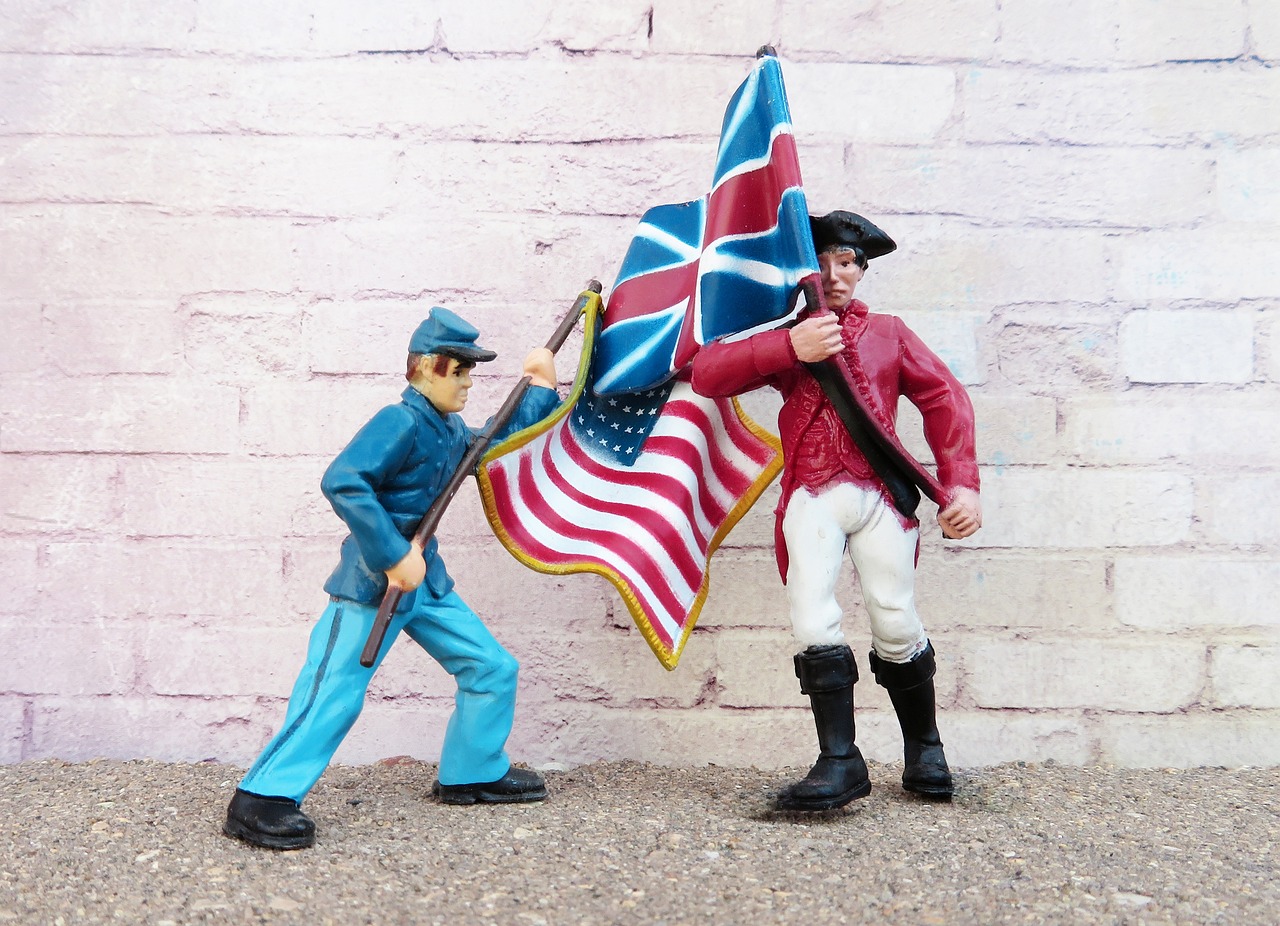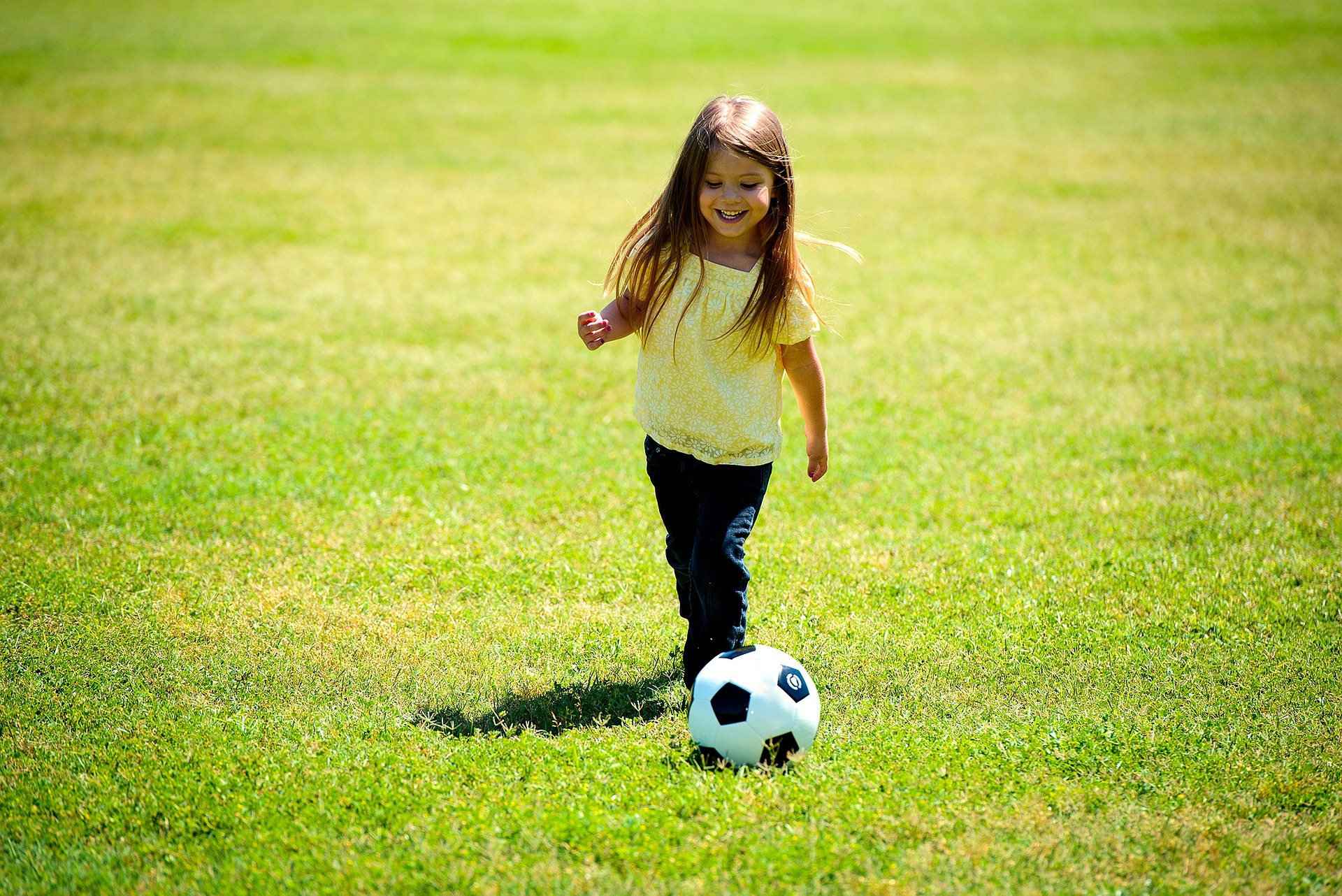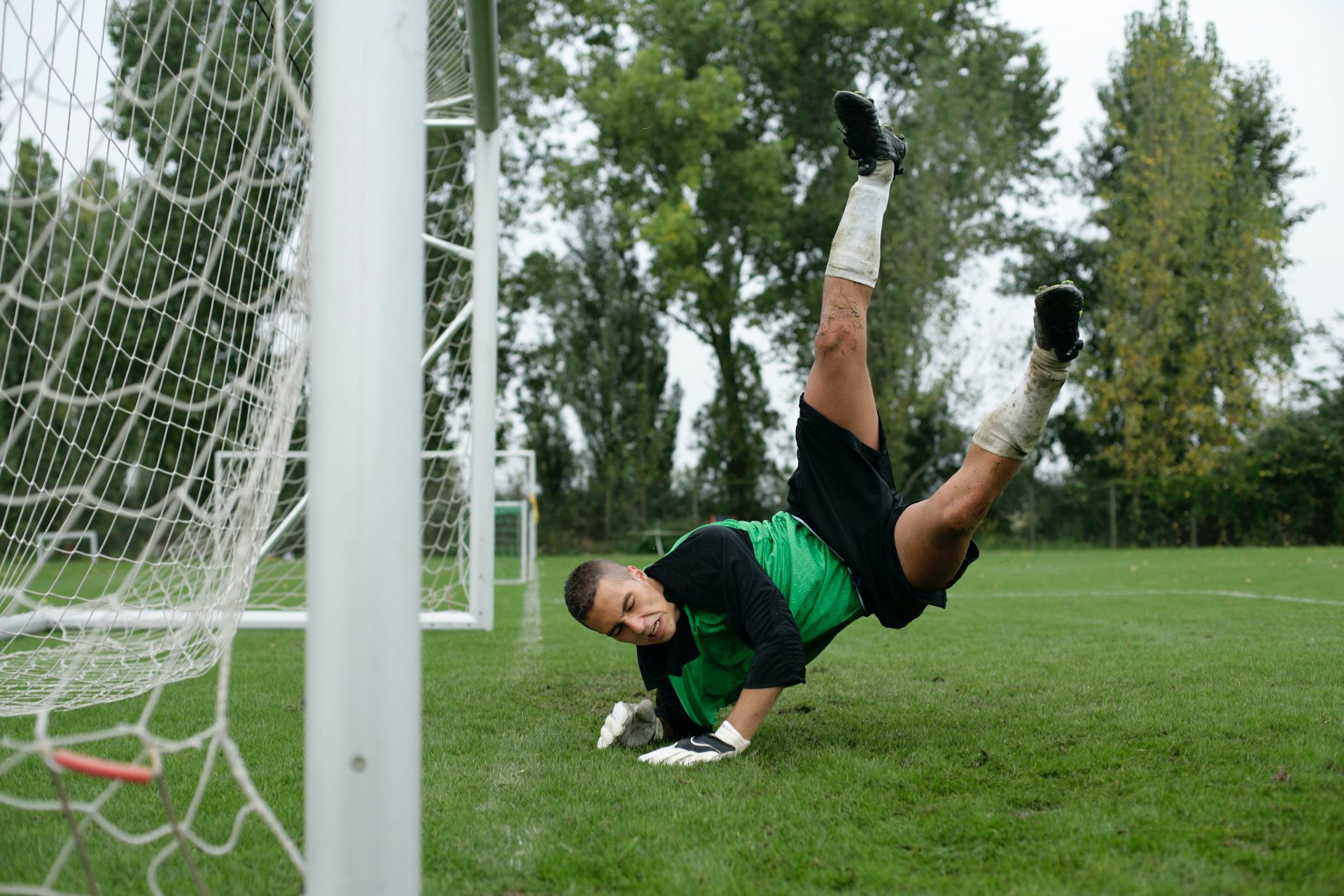Why Do Goalkeepers Have Towels?
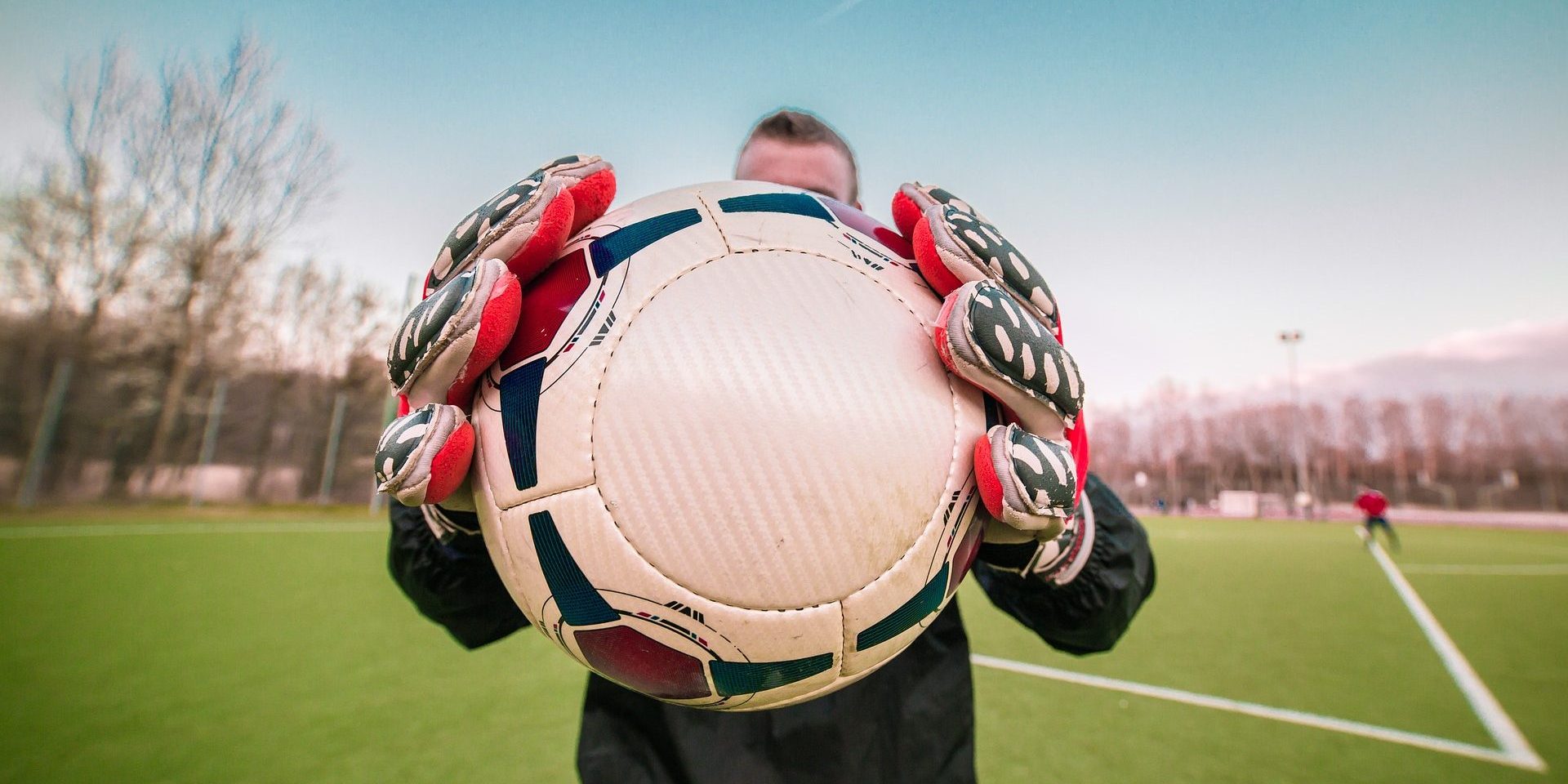
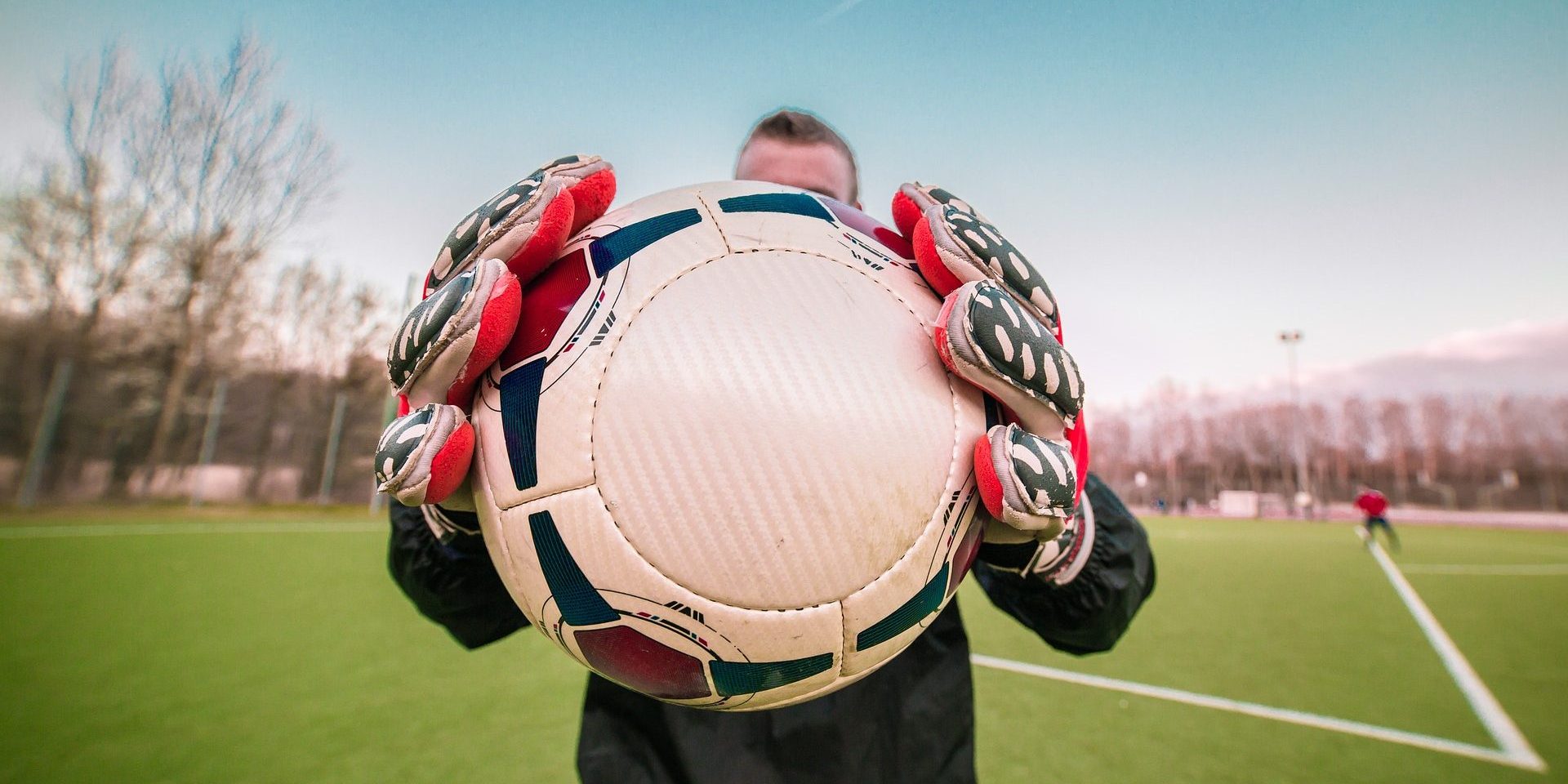
Table of Contents
Goalkeepers are often seen with towels during football games, a sight that may puzzle some spectators. These towels serve a practical purpose, allowing goalies to maintain the best possible grip and control over the ball, which is crucial during the match. The presence of moisture makes it challenging for goalkeepers to hold onto the ball, potentially compromising their effectiveness in preventing goals.
Towels can be vital during games played in adverse weather conditions. Rain or snow can make the ball slick and difficult to handle. By using a towel to regularly dry their hands, forearms, and the ball itself, goalkeepers can reduce the impact of moisture. This simple measure can greatly enhance their ability to make critical saves and maintain possession of the ball during throwouts and goal kicks. Hence, towels become an essential part of a goalkeeper’s kit, as much as their gloves or cleats.
The Role of Towels in a Goalkeeper’s Performance
Towels serve as crucial tools for goalkeepers, aiding in maintaining optimal hand and glove conditions which directly impact their performance during a match.
Improving Grip and Ball Handling
To execute effective saves, a goalkeeper requires a steadfast grip. Towels help keep the goalkeeper gloves and hands dry, directly influencing the ability to catch and control the ball. In the dynamic environment of a football match, consistent grip is crucial for performance.
Moisture Management and Sweat
Rainy conditions or natural perspiration can lead to moisture accumulation inside gloves. By using towels to absorb moisture, goalkeepers can keep their hands dry, ensuring their gloves do not become saturated with sweat. Hand towels are particularly designed for quick access and use during the game.
Throwing Precision and Power
A goalkeeper’s ability to distribute the ball accurately and forcefully is pivotal in initiating counter-attacks. Dry hands and gloves contribute to a more precise grip for throwing, adding more power and accuracy to the action. Football towels, therefore, become a significant factor in maintaining the goalkeeper’s throwing efficiency.
Equipment and Apparel Specifics for Goalkeepers
Goalkeepers require specific equipment and apparel that enhance performance, ensure safety, and adhere to football regulations. This specialized kit includes essentials such as gloves for grip and protection, and towels for sweat management and hygiene.
Importance of Gloves and Towel Integration
Goalkeeper Gloves: Integral to a goalkeeper’s kit, gloves provide the necessary grip and cushioning to safely handle and catch the football. High-quality latex is sought after for its superior ball grip. A towel, often a glove towel, complements the gloves by allowing the goalkeeper to quickly dry them during a game, which preserves the grip under wet conditions and maintains hygiene by minimizing the growth of germs caused by moisture.
Choosing the Right Goalkeeper Kit
Apparel Choices: The right kit for a goalkeeper includes several components:
- Jersey: Often a padded jersey to provide extra protection during dives or collisions.
- Pants/Shorts: Depending on individual style of play and weather conditions, goalkeepers may opt for long pants with padding or shorts.
- Socks: Knee-high socks are typically worn to support shin guards and maintain a uniform look with the team.
- Boots: Football boots, also known as cleats, are selected for their traction and stability.
Hygiene and Comfort: A kit must also consider sweat management and hygiene. Towels play a vital role in keeping a goalkeeper’s hands and face dry, aiding in clear vision and effective communication, while water bottles are essential for hydration.
Adherence to Football Regulations
Distinctive Jersey: Football regulations require a goalkeeper to wear a jersey of a different color to distinguish themselves from outfield players and the opposition. This is critical for the official’s clarity and decision-making on the field.
Safety Regulations: Equipment must meet safety standards; this includes ensuring all padding and protections are within the framework of the rules to prevent unfair advantages or risk of injury to players.
All components of a goalkeeper’s equipment are carefully selected to maximize function, comfort, safety, and adherence to the rules of football.
Strategies and Techniques for Effective Use
Goalkeepers utilize towels as an essential tool for maintaining grip and ensuring equipment efficacy. Proper use during training and matches can significantly enhance performance and prevent errors such as fumbling due to sweaty or slippery hands.
Training Routines for Enhancing Skills
Catching: During training sessions, goalkeepers should frequently practice catching drills while occasionally dampening their gloves. This serves to simulate match conditions where gloves are likely to become wet, training the goalie to maintain a secure grip under various circumstances.
Throwing: To ensure a firm grip when throwing the ball, goalkeepers may use towels to dry their hands and the ball, allowing for precise and powerful throws. Regular towel use during practice helps goalkeepers acclimate to the snap necessary for quick release, vital in counter-attack situations.
Maintaining Towel and Equipment During Matches
- Gloves: Goalkeeper gloves are crafted with latex palms, which require moisture to perform optimally. Towels are utilized to either dry gloves when conditions become too wet or to slightly dampen the latex for better grip.
- Comfort: Between active play, goalkeepers often use towels to wipe sweat, keeping themselves comfortable and focused on the game. Comfort aids in reducing distractions, thereby supporting consistent performance.
- Hand Warmers: In colder conditions, towels may be wrapped around hand warmers, ensuring goalkeepers keep their hands at an optimal temperature, suited to both catching and throwing.
Communication and Signaling with Teammates
Positions: Goalkeepers can use towels to signal their teammates for strategic repositioning during set pieces or when the ball is out of play. This non-verbal communication plays a crucial role in soccer, especially in noisy stadiums where verbal communication is challenging.
Consistency: With consistent use of towels as part of their signaling routine, goalkeepers can ensure clear messages are sent to defenders and midfielders, contributing to the team’s overall strategy aimed at victory.
Why Do Goalkeepers Have Towels? – Frequently Asked Questions
In addressing common inquiries about the necessities and practices of soccer goalkeepers, this section brings clarity to the use of towels, mandatory equipment, weather adaptations, protection strategies, glove maintenance, and the utilization of mouthguards.
What is the purpose of towels for soccer goalkeepers during a match?
Soccer goalkeepers use towels mainly to keep their hands dry during a match, ensuring a firm grip on the ball and to quickly wipe off mud or other debris that may accumulate on their gloves or hands.
Is it mandatory for soccer goalkeepers to wear gloves, and if so, why?
While not always mandated by the rules of soccer, goalkeepers typically wear gloves to improve their grip on the ball and to provide cushioning to protect their hands during catches and dives.
How can goalkeepers maintain their grip in adverse weather conditions like rain?
Goalkeepers often use specialized gloves designed for wet conditions. Additionally, they may use towels to dry their hands or apply specific products like goalkeeper glove sprays that enhance grip in wet conditions.
Which protective gear is essential for soccer goalkeepers to avoid injuries?
Alongside gloves, goalkeepers should wear padded jerseys and shorts, knee and elbow pads, and sometimes padded headgear to protect against concussions. These items help safeguard them from injuries during impacts with other players and the ground.
What methods can goalkeepers use to keep their gloves odor-free?
Goalkeepers can keep their gloves odor-free by cleaning them after each use, allowing them to air dry completely, and using glove-deodorizing products or natural deodorizers like baking soda.
Are mouthguards a common part of a soccer goalkeeper’s equipment?
Mouthguards are not universally worn by soccer goalkeepers but are recommended as they can protect against dental injuries and concussions during collisions or when blocking shots with their face.

